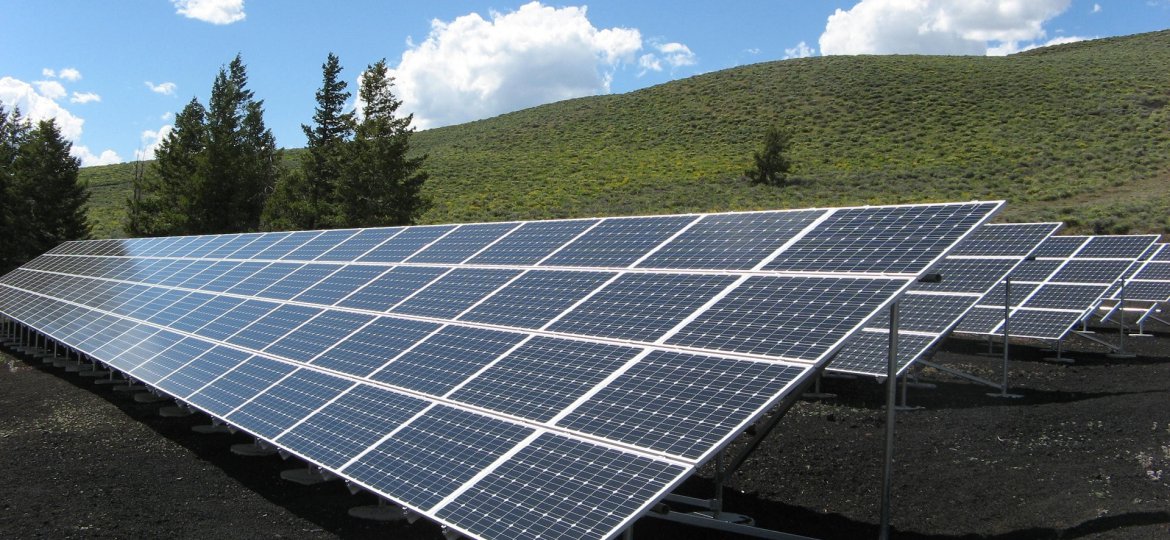
TRENTON – In an effort to reduce the negative environmental impacts placed on historically overburdened communities and drive down energy costs for low-income households, the Senate Environment and Energy Committee advanced legislation sponsored by Senator Troy Singleton.
The bill, S-1392, would establish the Office of Clean Energy Equity within the Board of Public Utilities (BPU), which would be tasked with promoting and overseeing the equitable transition toward clean energy. The Office would seek to ensure that clean energy programs, and their benefits, are targeted toward the communities that are most impacted by the placement of polluting facilities and thus forced to contend with the negative health impacts. The BPU would be required to direct no less than 10 percent of their annual total clean energy budget, or at least $50 million annually, whichever amount is greater, to the new Office to effectuate their goals.
“All New Jerseyans – regardless of their ZIP code or income – deserve to have access to clean energy, the career opportunities enabled by the transition to clean energy, as well as the health and environmental benefits that will follow,” said Senator Singleton (D-Burlington). “By establishing this Office in statute, and requiring that the most overburdened communities have access to the many benefits of clean energy, we will ensure that everyone can attain affordable clean energy.”
The legislation would additionally set specific goals and requirements for directing clean energy investments to low-income households and overburdened communities. Specifically, the BPU would be required to establish onsite solar or community solar programs which benefit 250,000 low-income households or 35 percent of the low-income households in the state, whichever is larger, by 2030. This provision is aimed at reducing low-income households’ average energy costs to below six percent of household income. The BPU would also be required to establish a minimum of 1,600 megawatt hours of energy storage to benefit overburdened communities by 2030.
The bill was advanced in a 4-1 vote. More information on overburdened communities, and which communities are designated as such, can be found on the Department of Environmental Protection’s website, linked here.

